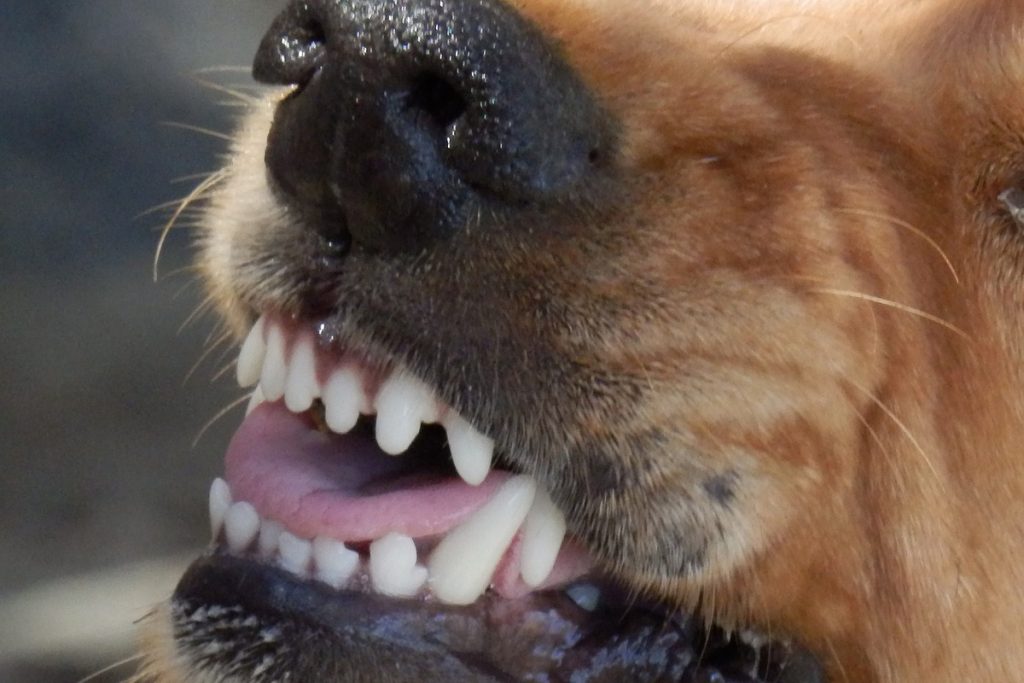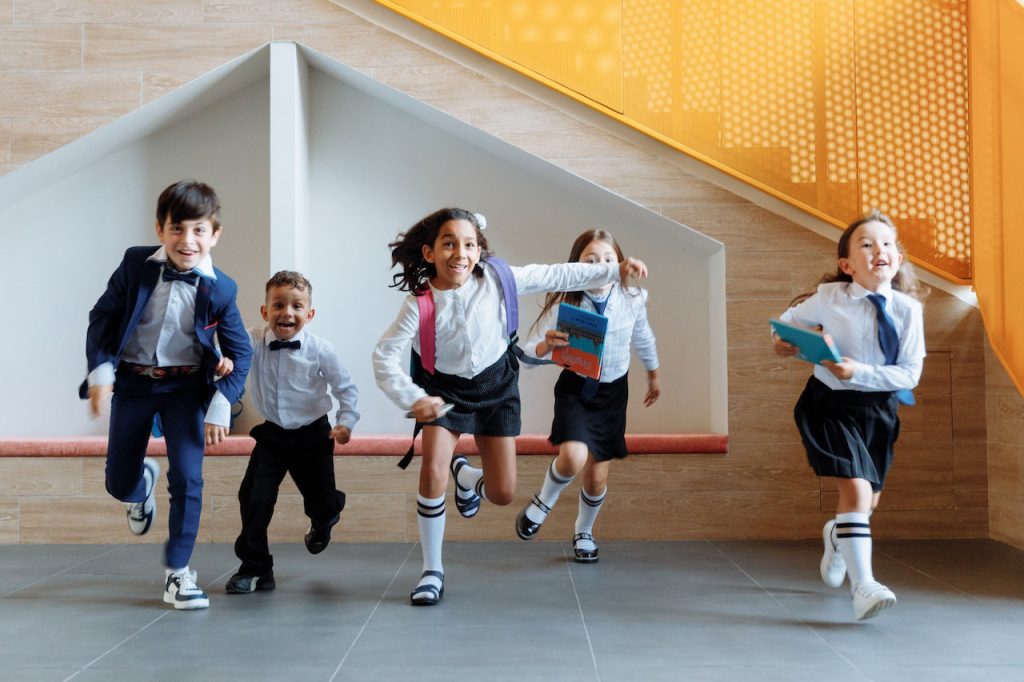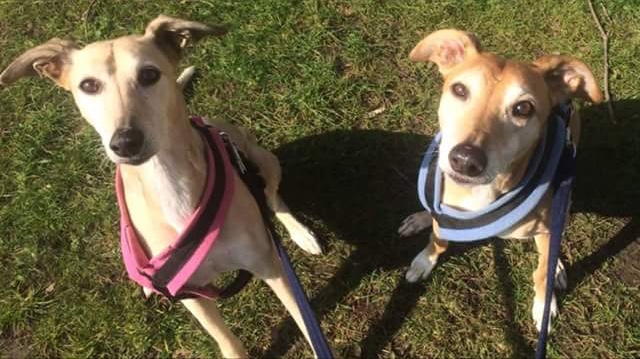
Have you suffered from previous dog syndrome (PDS)? I certainly have, and It’s common and comes in several forms. Our relationship and how we relate to our current dog are influenced by our experiences in the past. Our previous dogs leave a legacy long after they are gone.
One form of PDS is based on living up to expectations. We see it often when we meet new clients for behavioural consultations. Most of us have a love of specific breeds and types and we’ll often own a succession of dogs of the same breed.
We regularly see people who have an adolescent black lab/GSD/(insert any other breed) that’s struggling to live up to the memories of their predecessor of the same breed. Often these young dogs are very typical of their breed yet their owners have previously lived with an atypical dog of the same breed- a working cocker who wasn’t active, a Lurcher who didn’t chase, an inuit who was not destructive when left (oh that’s me that one!).
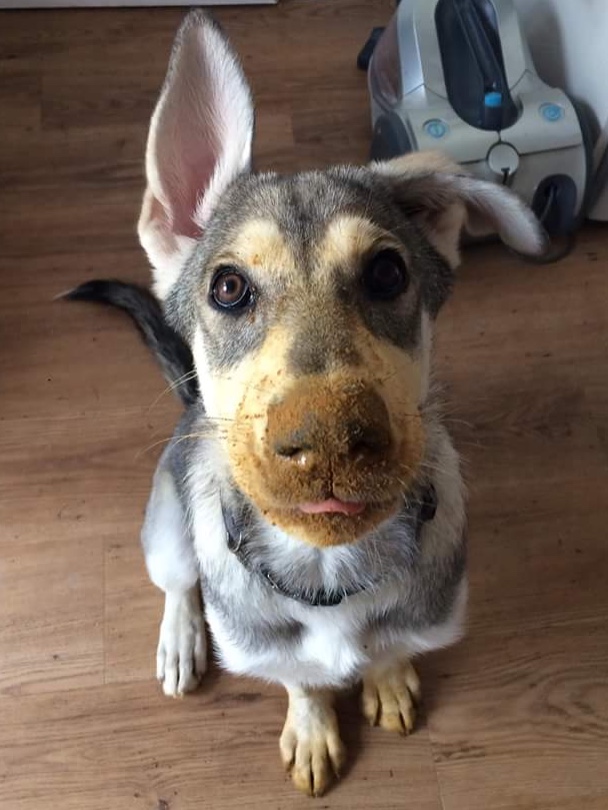
The previous dog may also have been elderly and the memories of just how difficult (totally normal) they were in their younger days are forgotten. We forget how long it took to crack recall, what a pain in the arse they were during adolescence, and how much time and love it took for them to become the steady and predictable adult that we miss. It’s really hard when you’ve lost a beloved dog and it’s often a good idea not to get a really similar type again because of this. After I lost my twin teaching dogs Lurchers Luka and Beama at 13 I knew that another Lurcher would never (in my eyes) live up to them so I got an adult Dalmatian from rescue instead, a smooth coated relatively skinny dog but with very different traits (he’s very easy and doesn’t chase things!).
Sometimes our subsequent dogs are just as ‘easy’ as their predecessors, if we assume everything will be okay then sometimes it just is. This could be due to our amazing training skills or good choice of new dog but pretty often it’s just luck (so we shouldn’t congratulate ourselves too much !)
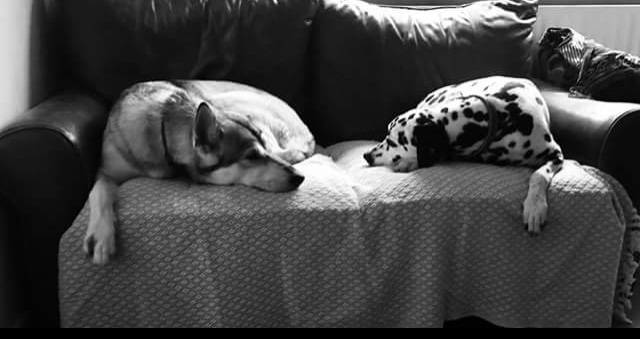
Other forms of PDS are based on our concerns about how our new dog will turn out based on our experiences with our previous dog. We may see problems that aren’t there. We see lots of owners who’ve lived with reactive dogs and who still want to stick to walking at deathly quiet hours and deserted places with their new dog as it’s hard to shake off the anxiety that may have built up (in us) about walking in busy places with lots of other dogs. We may feel anxious about them interacting offlead in case things go wrong if we’ve previously had a tricky dog and wasn’t good with other dogs. Obviously, this isn’t ideal for a new puppy who needs to be out and about and meeting other dogs and people and doing normal dog stuff, we have to stop being a midnight walker and let go of the past. A new dog, especially a puppy, needs us to let go of previous anxieties and start afresh with a blank page.
We need to go against everything we did in the past and actively seek out the nice, friendly dogs that we sought so hard to avoid before. Meeting up with other dog owners with other ‘normal’ sociable dogs can help to overcome worries we may have about our dogs interacting and keeping up with classes and dog activities past the puppy class stage can also help to build confidence in owners (and dogs).
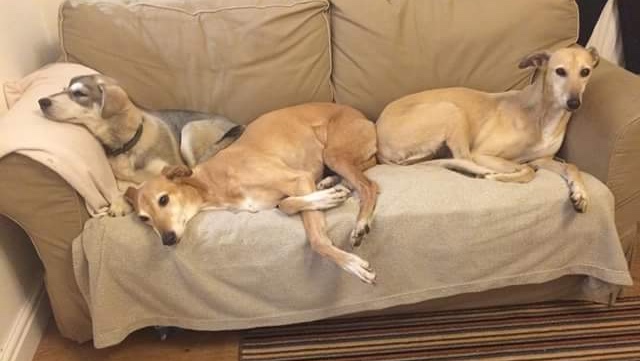
We can risk creating an issue if we don’t let go of the past. I’ve successfully created a succession of dogs with mild resource guarding issues (I know, an impressive feat that I’m not proud of!!). As I began my life of dog ownership with a rescue Lurcher who was a severe resource guarder I got into the habit of feeding my dogs separately and never feeding chews together. I was so well practised at scanning a room for anything that could be guarded and walking backwards away from him in case he was guarding me from other dogs! That memory of how stressful it was managing a resource guarder (although he completely overcame it ) remained. This means that my two Inuits who overlapped with my guardy Lurcher were not really used to eating meals or chews with other dogs and would have been likely to scoff everyone’s share. They never developed the appropriate skills to share around other dogs and for it not to be a big deal. It’s not really an issue but it shows how need to look at our own behaviour to ensure we don’t let previous experiences impact on our current dogs. It’s scary sometimes to let go of associations from the past but we need to treat each new dog as an individual without letting our past experiences overshadow it.
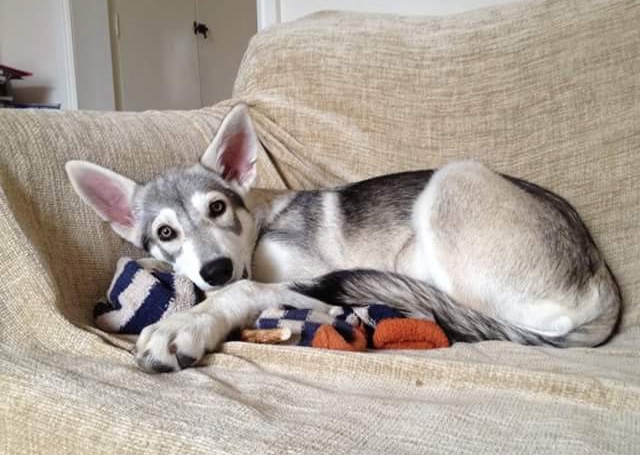
Our previous dogs teach us so many valuable lessons and we learn so much from each one. We work with many people who we helped when their former dogs had significant aggression issues around other dogs and who then get a new pup when the time comes, often years later and who return to us for puppy classes instead of reactive dog classes. These people make the most amazing dog parents as they’ve learned so much from their difficult dogs and they have such great skills. Many of them are as knowledgeable and skilled as professional dog trainers and it’s all thanks to the ‘previous dog’ who they worked so hard to help. That difficult and much-loved dog lives on in the things they taught us.
Copyrighted content by Laura McAuliffe, Dog Communication. If you like my posts, please share them using the share button. Please don’t copy and paste or edit my images. Sharing my posts allows me to reach more people and share the message.
